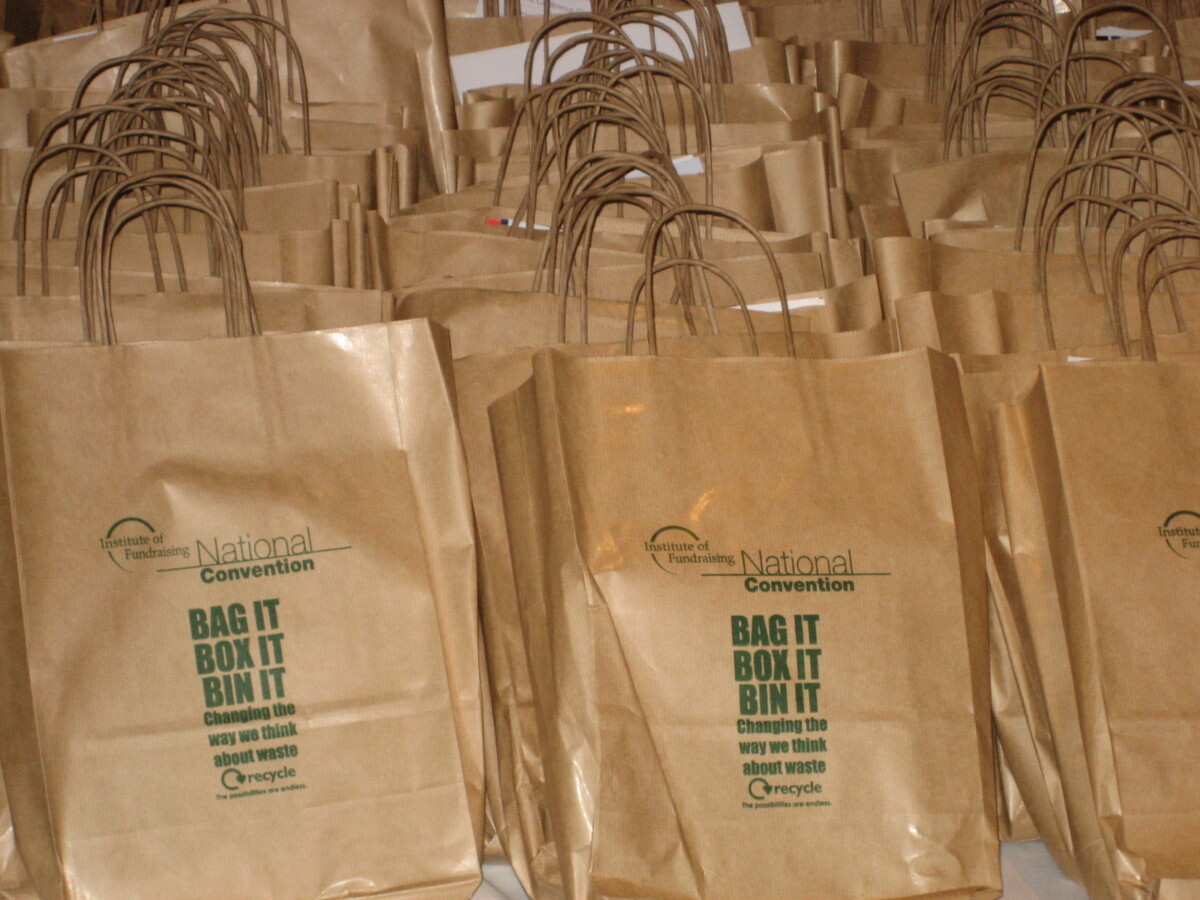Legacy Pledges – Friend or Foe?

In recent years, asking donors to pledge a legacy to a charity has been going out of fashion and for good reasons. How is it then that some charities are still basing their campaigns on pledge seeking and being very successful?
At this week’s Legacy Fundraising conference, run by the Institute of Fundraising’s new West Midlands group, we had an interesting debate. I was presenting on legacy strategy and raised the issue of pledge seeking, explaining why it is increasingly frowned upon (a lot of people see it as intrusive and will not tell the charity of their intentions; using pledges received to monitor campaigns misses all those who will not disclose their intentions and therefore under-reports the impact of a campaign; typically half of legacies received are from people not even known by the recipient charity; some people see it as rather coercive and out of kilter with the current trend for drip fed, soft sell legacy work).
To my embarrassment then, my talk was followed by two other speakers, both from hospices, which make successful use of pledges to secure legacies, to monitor results and to predict future income. This was not lost on the audience who wanted to explore this issue further and rightly so.
Most interestingly for me was the case study from Acorns Children’s Hospice, which bases its legacy work fairly and squarely on pledge seeking and very successfully too. Its legacy income has grown spectacularly in recent years, so its approach has not put people off, nor has it caused problems in monitoring results. Far from it. So how do we explain this?
What struck me about the two case studies (the other was from Douggie Mac in Stoke) was that they were both from local hospices, with a high profile in their areas and considerable good will in their communities. The Douggie Mac approach was largely based on a will writing scheme, through which pledges were also sought.
The Acorns campaign, however, had sought to create a culture where it was normal and expected to leave a legacy and where supporters were asked directly to pledge putting a gift in their wills yet – the implication being that this was the done thing. Its trustees take a lead in this and Acorns has succeeded in creating a climate where legacy giving is a natural way of supporting the charity. In this context, it is easy to see that pledge seeking can work well as part of the fundraising process.
So in future, I will be careful not to write off pledge seeking as an outdated, “sales push” approach. In some circumstances, it can clearly work. I am still not convinced that it is right for all charities (and especially the start up campaigns that I get involved in). But maybe I’ll be a bit more careful about saying “never” again!



